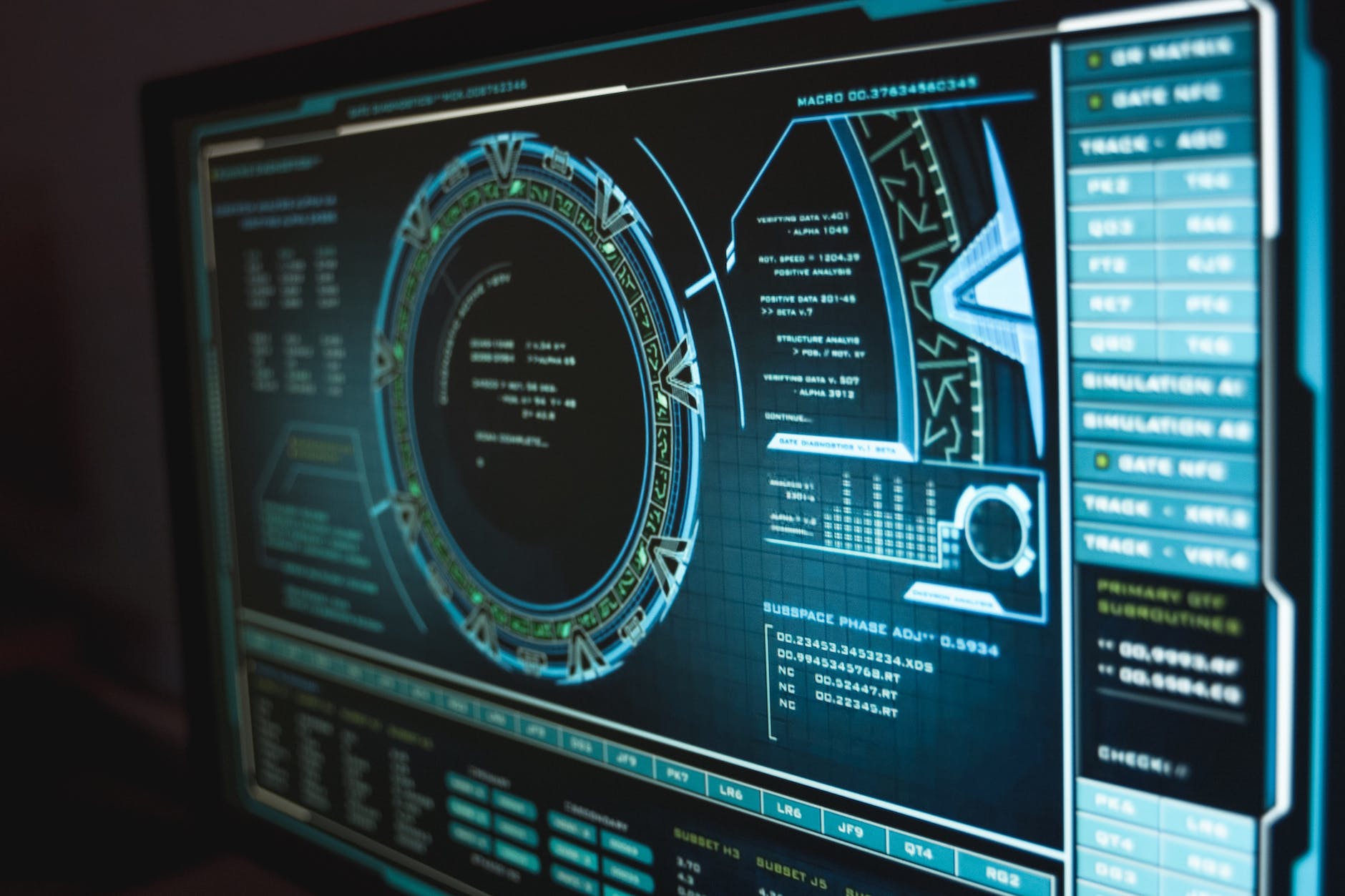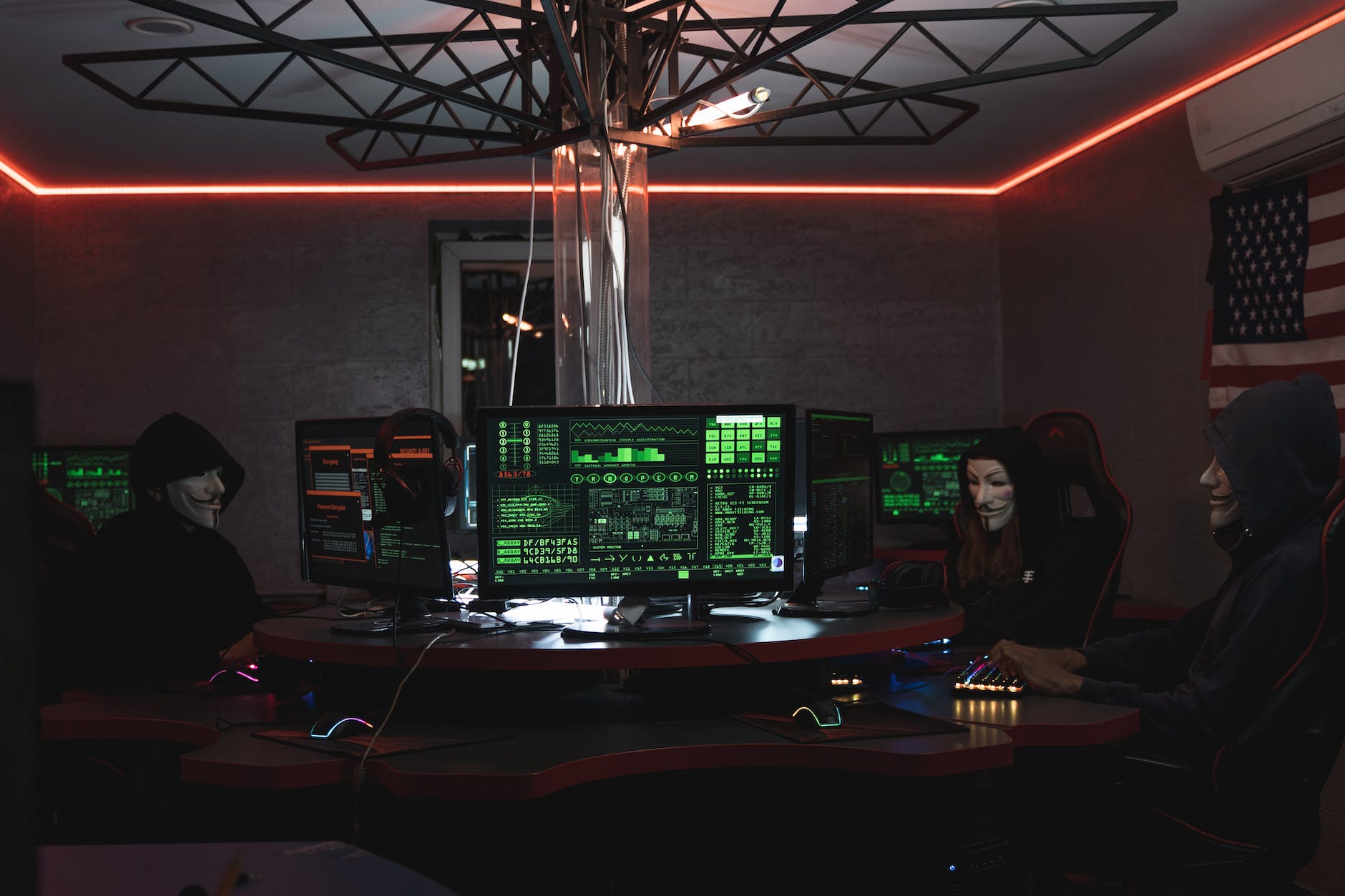The city of Las Vegas, often referred to as the entertainment capital of the world, recently fell victim to a series of cyberattacks targeting its most prominent casino giants. This article delves into the intricacies of these incidents, shedding light on the tactics used by the attackers, the responses from the affected corporations, and the wider implications on the industry. Is there a cybersecurity crisis in Las Vegas?
A Tale of Two Giants: Caesars Entertainment and MGM Resorts
In the heart of Las Vegas, two renowned entities in the entertainment and hospitality sector, Caesars Entertainment and MGM Resorts, experienced disruptive cyberattacks. These incidents led to significant system outages and raised serious concerns about the security of customer information.
Caesars Entertainment: A Breach Amidst High Stakes
Caesars Entertainment, a well-established player in the casino industry, reported a cyberattack that, although it did not disrupt its casino and online operations, left customers’ data at risk. The company disclosed the breach in a report to the Securities and Exchange Commission (SEC).
The Fallout: Customer Information at Risk
Post the breach on September 7; Caesars Entertainment could not ensure the security of the personal data of tens of millions of its customers. The breach may have exposed sensitive data such as driver’s license and Social Security numbers of loyalty rewards members.
“We have taken steps to ensure that the stolen data is deleted by the unauthorized actor,” the company said, “although we cannot guarantee this result.”
MGM Resorts: A Cybersecurity Issue of Epic Proportions
The saga of cyberattacks in Las Vegas continued with MGM Resorts, the largest casino company in the city. The entertainment giant reported a cyberattack that led to a massive shutdown of its computer systems across its properties in the United States.

The Aftermath: Widespread Disruption
MGM Resorts’ cyberattack had far-reaching consequences that included outages in its internal networks, affecting ATMs, slot machines, digital key cards for rooms, and electronic payment systems. The company went into crisis mode, shutting down large parts of its internal networks.
“MGM Resorts said reservations and casino floors in Las Vegas and other states were affected. Customers shared stories on social media about not being able to make credit card transactions, obtain money from cash machines, or enter hotel rooms. Some video slot machines were dark.” – AP News
The Culprits: Scattered Spider, ALPHV and UNC3944
The cyberattacks on these casino giants were not random acts but meticulously planned and executed operations by notorious hacking groups. In this section, we delve into the identities of these cybercriminals and their modus operandi.
Scattered Spider: The Web of Deception
Scattered Spider, an infamous hacking group believed to be a subunit of the Russia-based operation ALPHV or BlackCat, claimed responsibility for the cyberattacks on both MGM Resorts and Caesars Entertainment.
The Tactics: Social Engineering and SMS Phishing
Scattered Spider is known for its use of social engineering techniques to manipulate employees into granting access to corporate networks. The group reportedly used SMS text phishing and phone calls to help desks to try to obtain password resets or multifactor bypass codes.
“Scattered Spider uses SMS text phishing and phone calls to help desks to attempt to obtain password resets or multifactor bypass codes.” – Mandiant
ALPHV and UNC3944: Shadowy Figures in the Cybercrime World
Cybersecurity firms have also pointed to the involvement of ALPHV and UNC3944 in these attacks. These groups have a reputation for being “incredibly disruptive and aggressive,” especially in their recent targeting of hospitality and entertainment organizations.
The Response: Containment, Crisis Management, and Damage Control
In the face of these cyberattacks, both Caesars Entertainment and MGM Resorts initiated damage control measures to protect their customers and restore their operations.
Caesars Entertainment’s Approach: Transparency and Damage Limitation
In response to the breach, Caesars Entertainment informed federal regulators and took steps to minimize the damage. The company reassured its customers that operations at its casinos and online platforms were not disrupted by the incident.
Offering Credit Monitoring and Identity Theft Protection
As part of its damage control measures, Caesars Entertainment offered credit monitoring and identity theft protection to its loyalty program customers. The company also stated that there was no evidence of the hackers obtaining member passwords, bank account details, or payment card information.
MGM Resorts’ Strategy: System Shutdown and Public Updates
MGM Resorts adopted a more drastic approach by shutting down computer systems at its properties across the U.S. to protect data. The company also provided regular updates on its efforts to resolve the cybersecurity issue.
“In the digital age, cybersecurity is not an option, but a necessity. It’s the invisible shield that protects our virtual identity, honors our privacy, and safeguards our future.”
Waiving Change and Cancellation Fees
As a goodwill gesture towards customers affected by the outage, MGM Resorts declared that it would waive change and cancellation fees for guests arriving until September 17.
The Fallout: Widespread Impact and Critical Lessons
The recent cyberattacks on Las Vegas casino giants have not only disrupted their operations but also sent shockwaves across the industry. These incidents underscore the critical need for robust cybersecurity measures in the hospitality and entertainment sector and, indeed, in all industries that handle sensitive customer data.
Impact on Customers: Disruption and Inconvenience
The cyberattacks resulted in considerable inconvenience for customers at both Caesars Entertainment and MGM Resorts properties. Guests reported difficulties in making credit card transactions, withdrawing money from ATMs, entering hotel rooms, and even using slot machines.
The Industry Repercussions: A Wake-Up Call for Cybersecurity
The cyberattacks on Caesars Entertainment and MGM Resorts serve as a stark reminder of the vulnerability of the entertainment and hospitality industry to cyber threats. These incidents highlight the urgent need for robust cybersecurity measures to protect sensitive customer data and ensure uninterrupted operations.
The Investigation: Probing Into the Attacks
In the wake of the cyberattacks, investigations are underway to unravel the details of these incidents and hold the perpetrators accountable.
The Role of the FBI
The Federal Bureau of Investigation (FBI) confirmed that it’s investigating the cyberattacks on MGM Resorts. However, no additional information has been released about the nature of the investigation or its findings.
Involvement of Cybersecurity Firms
Cybersecurity firms like Emsisoft and Mandiant have also been closely tracking these incidents. Their analysis points to the involvement of Scattered Spider and other hacking groups in these attacks.

Navigating the Crypto World: A Comprehensive Comparison of Proof of Stake vs Proof of Work
Unlocking the Power of Blockchain Technology: How This Revolutionary Technology is Transforming Industries
Explore the World: The Top 5 Reasons to Travel This Year
Looking Ahead: Strengthening Cybersecurity Measures
In an increasingly digital world, cyberattacks like those on Caesars Entertainment and MGM Resorts underscore the critical need for robust cybersecurity measures. Companies, particularly those in the hospitality and entertainment industry, must prioritize the security of their digital infrastructure and customer data.
Enhanced Security Protocols
To guard against cyberattacks, companies must invest in advanced security protocols. This includes multifactor authentication, robust firewalls, and regular system updates.
Employee Training and Awareness
Given that social engineering is a common tactic employed by hackers, employee training and awareness are crucial. Staff should be educated about the importance of cybersecurity and trained to identify and report suspicious activities.
Regular Audits and System Checks
Regular audits and system checks can help identify potential vulnerabilities and address them proactively. Companies should also have a robust response plan in place to deal with any potential cyberattacks effectively.
Conclusion on the Cybersecurity Crisis in Las Vegas
The recent cyberattacks on Las Vegas casino giants are a stark reminder of the growing cyber threats in today’s digital world. As companies strive to provide seamless customer experiences, they must not overlook the criticality of robust cybersecurity measures. After all, in the high-stakes world of entertainment and hospitality, securing customer data is not just a regulatory mandate but a vital trust-building measure.
Reasons Why the City of Vancouver BC Outranks Every Other City in the World
From Traditional to Modern: The Unavoidable Shift to Digital Business Transformation


